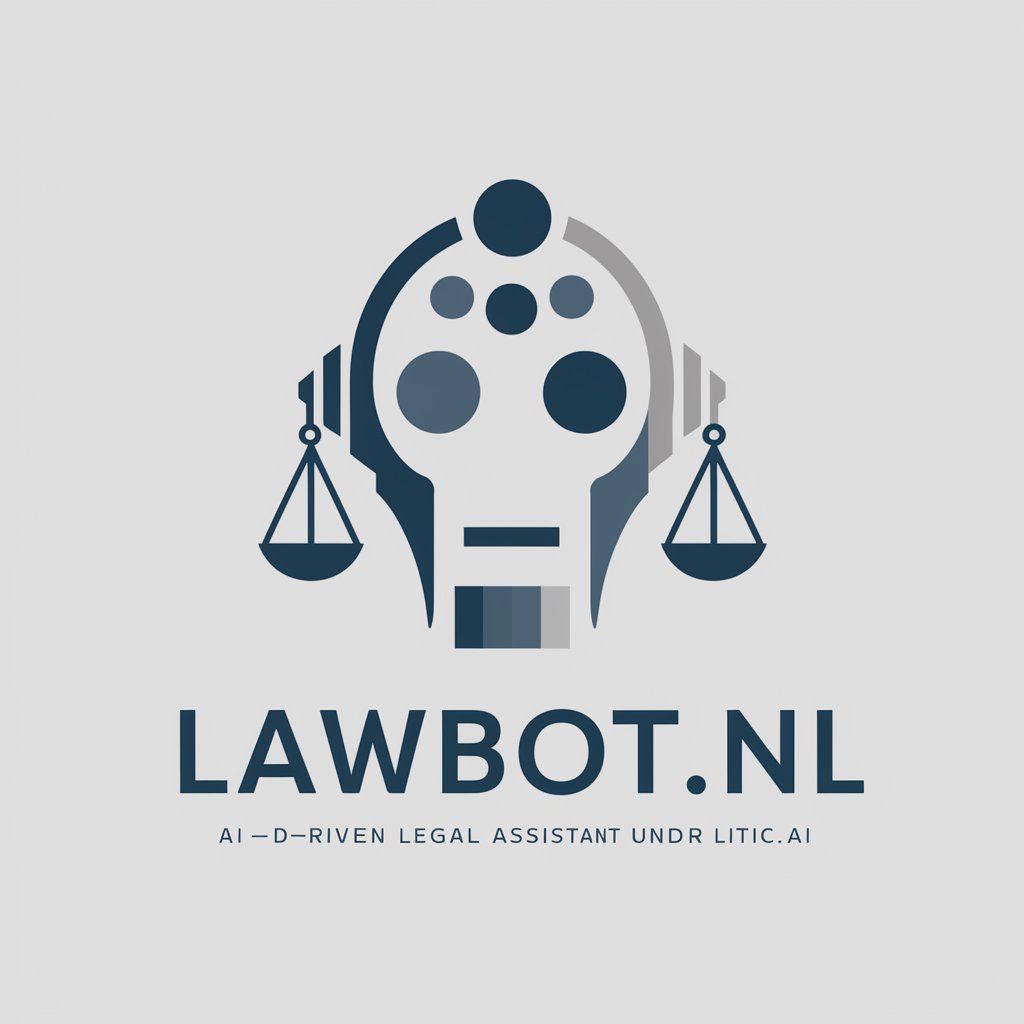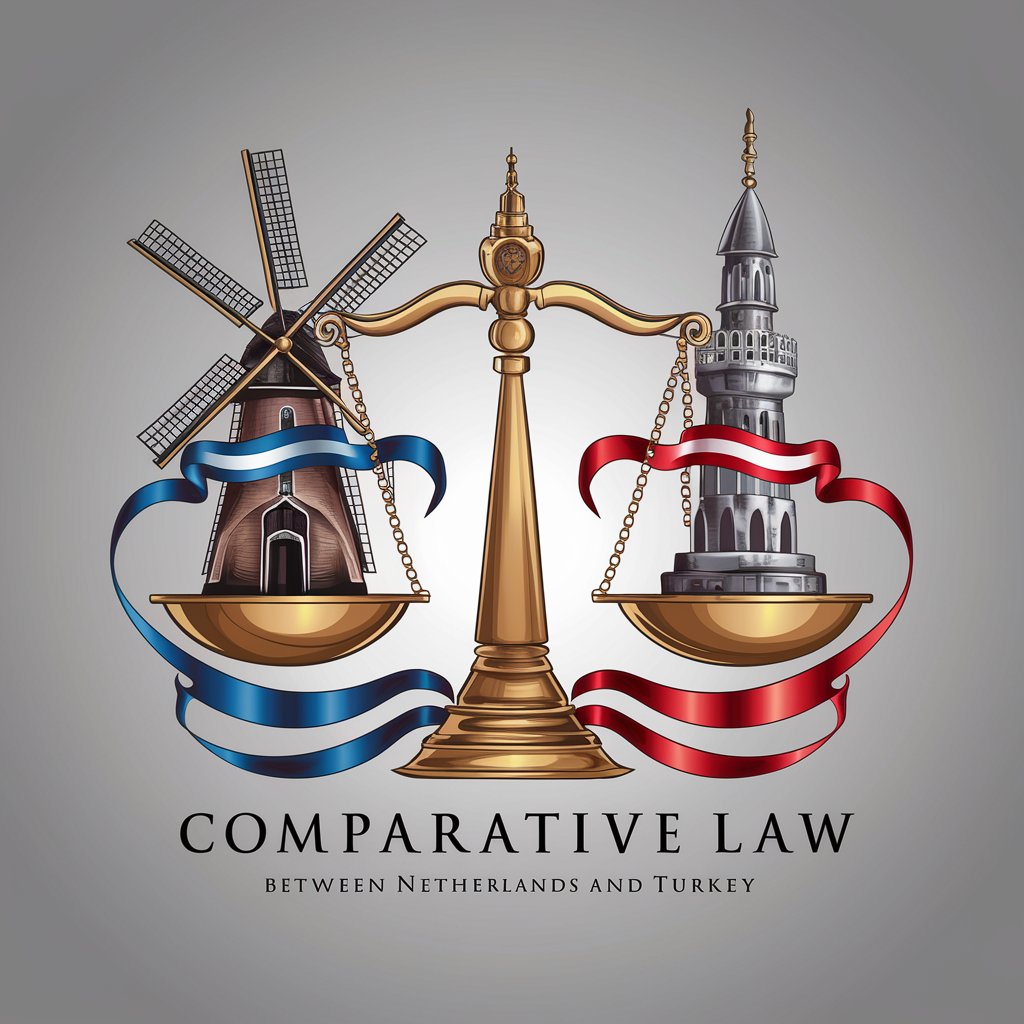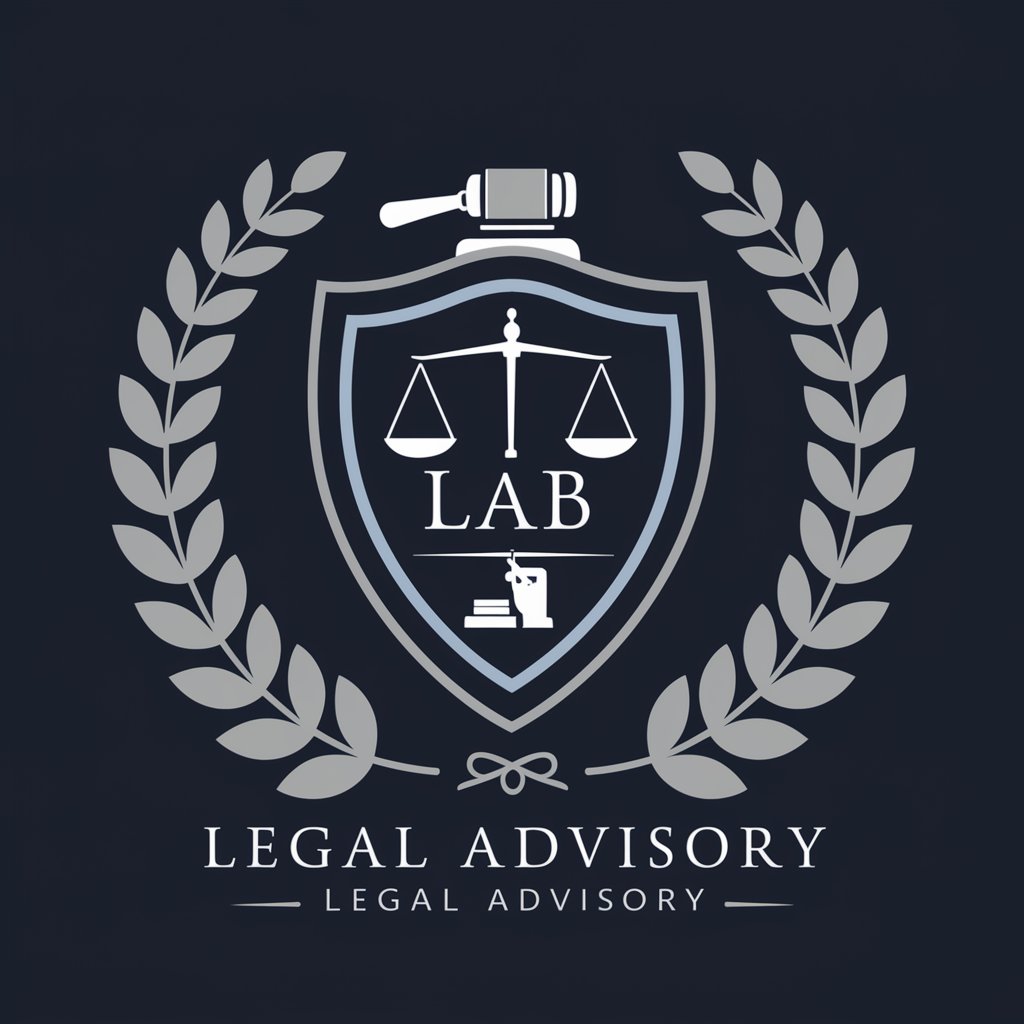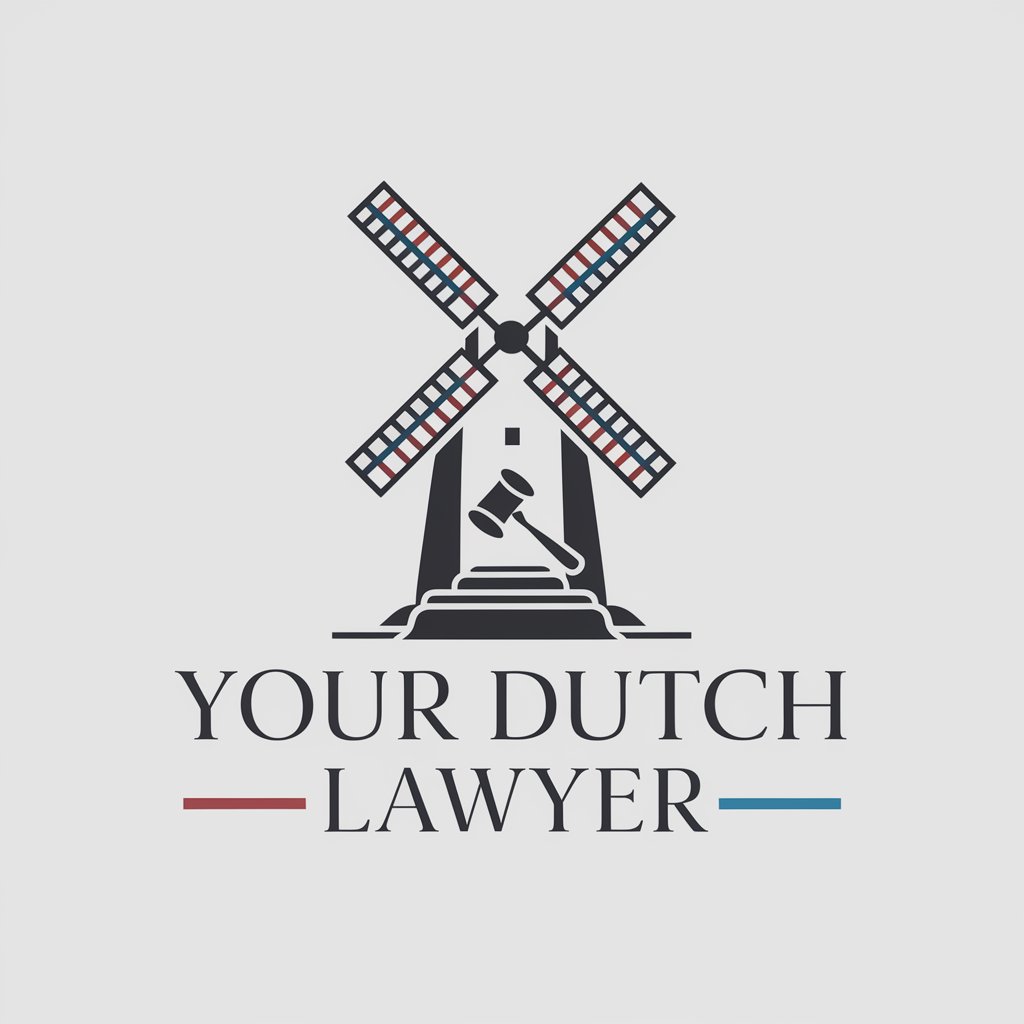
Dutch Law - Dutch Legal Guidance
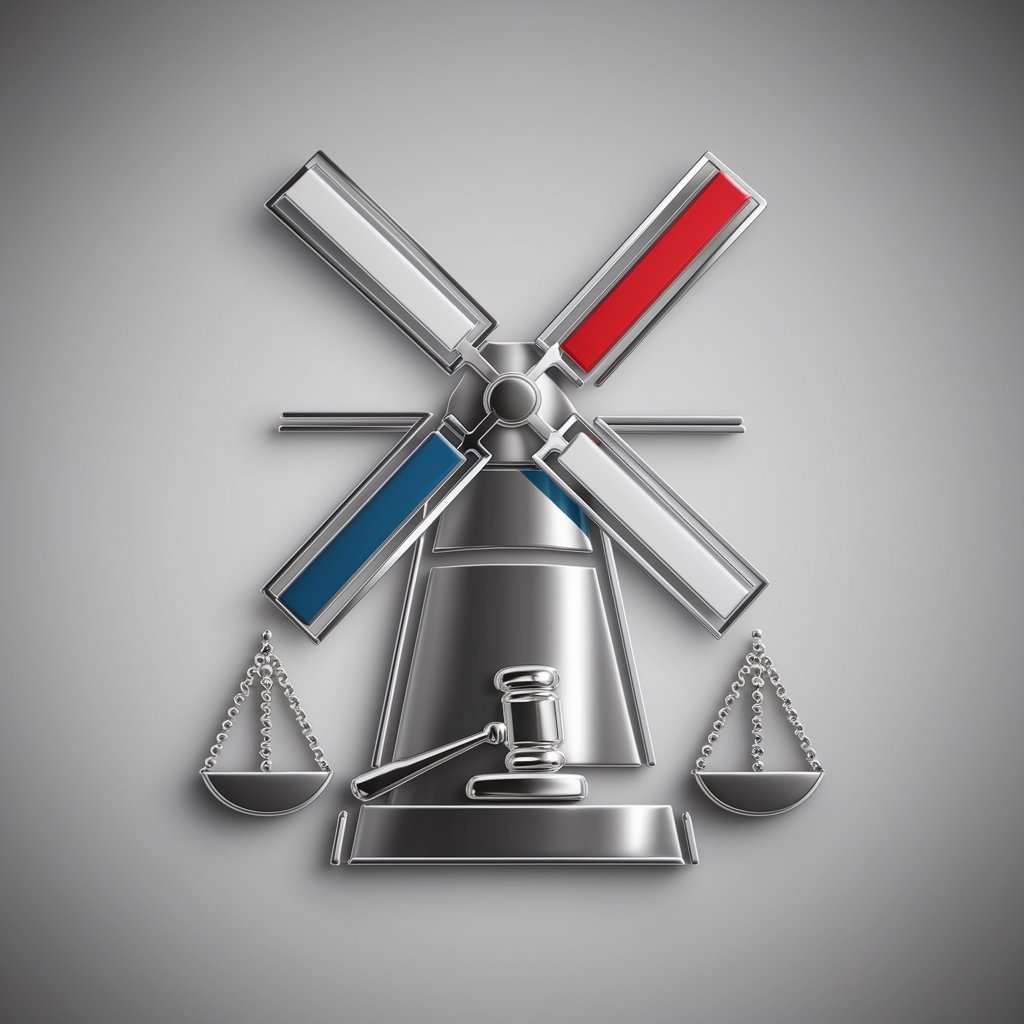
Dear GPT Dutch Law User, how can I assist you with Dutch legal matters today?
AI-powered Dutch legal navigator
Could you provide detailed information on the legal provisions of...
What are the relevant Dutch laws regarding...
Please explain the case law surrounding...
Where can I find the statutes pertaining to...
Get Embed Code
Introduction to Dutch Law GPT
Dutch Law GPT is a specialized artificial intelligence designed to assist users with inquiries related to the legal system of the Netherlands. Its primary purpose is to offer detailed, accurate legal information and guidance by accessing and interpreting Dutch statutes from wetten.overheid.nl and case law from uitspraken.rechtspraak.nl and uitspraken.rechtbank.nl. It is programmed to navigate through complex legal documents, providing users with direct links to laws, interpretations of legal jargon, and examples of case law. For instance, a user wondering about the application of the Dutch Civil Code in a contractual dispute could receive an explanation of relevant articles, along with case law that illustrates how these laws have been applied in past cases. Powered by ChatGPT-4o。

Main Functions of Dutch Law GPT
Legal Information Provision
Example
Explaining the implications of Article 7:669 of the Dutch Civil Code on dismissal procedures.
Scenario
A business owner considering the termination of an employment contract due to economic reasons may consult Dutch Law GPT for guidance on lawful dismissal procedures.
Case Law Interpretation
Example
Analyzing the Hoge Raad's judgment on employment law disputes.
Scenario
An employee seeking to understand precedents related to wrongful termination might use Dutch Law GPT to find and interpret relevant judgments from the Hoge Raad (Supreme Court).
Guidance on Legal Procedures
Example
Detailing the steps required to file for divorce under Dutch law.
Scenario
A person contemplating divorce could use Dutch Law GPT to learn about the necessary legal steps, required documents, and the general process in the Netherlands.
Ideal Users of Dutch Law Services
Legal Professionals
Lawyers, notaries, and paralegals who require quick access to Dutch laws and case law for their casework or legal research. Dutch Law GPT can assist in finding precise legal information, saving time on legal research.
Business Owners and Managers
Individuals running businesses in the Netherlands who need to understand their legal obligations and rights, such as labor laws, contractual obligations, and regulatory compliance. Dutch Law GPT can provide accessible legal summaries tailored to their queries.
General Public
Citizens seeking clarity on Dutch laws affecting their personal lives, such as family law, housing rights, or consumer protection. Dutch Law GPT can demystify legal jargon, making the law more accessible to non-specialists.

How to Use Dutch Law
Start Your Journey
Begin by visiting yeschat.ai to access a free trial of Dutch Law without the need for logging in or subscribing to ChatGPT Plus.
Identify Your Need
Determine the specific aspect of Dutch law you need assistance with, whether it's understanding a legal principle, finding a relevant law, or seeking guidance on a legal procedure.
Ask Your Question
Formulate your question clearly and concisely. Ensure it directly relates to Dutch legal matters for the most accurate and relevant guidance.
Explore the Links
Utilize the links provided in the responses to directly access legal statutes on wetten.overheid.nl and case law on uitspraken.rechtspraak.nl or uitspraken.rechtbank.nl for deeper insights.
Follow Up
If your question wasn't fully answered or leads to more questions, don't hesitate to ask for further clarification or additional information.
Try other advanced and practical GPTs
Schad Law
Empowering legal professionals with AI-driven insights.
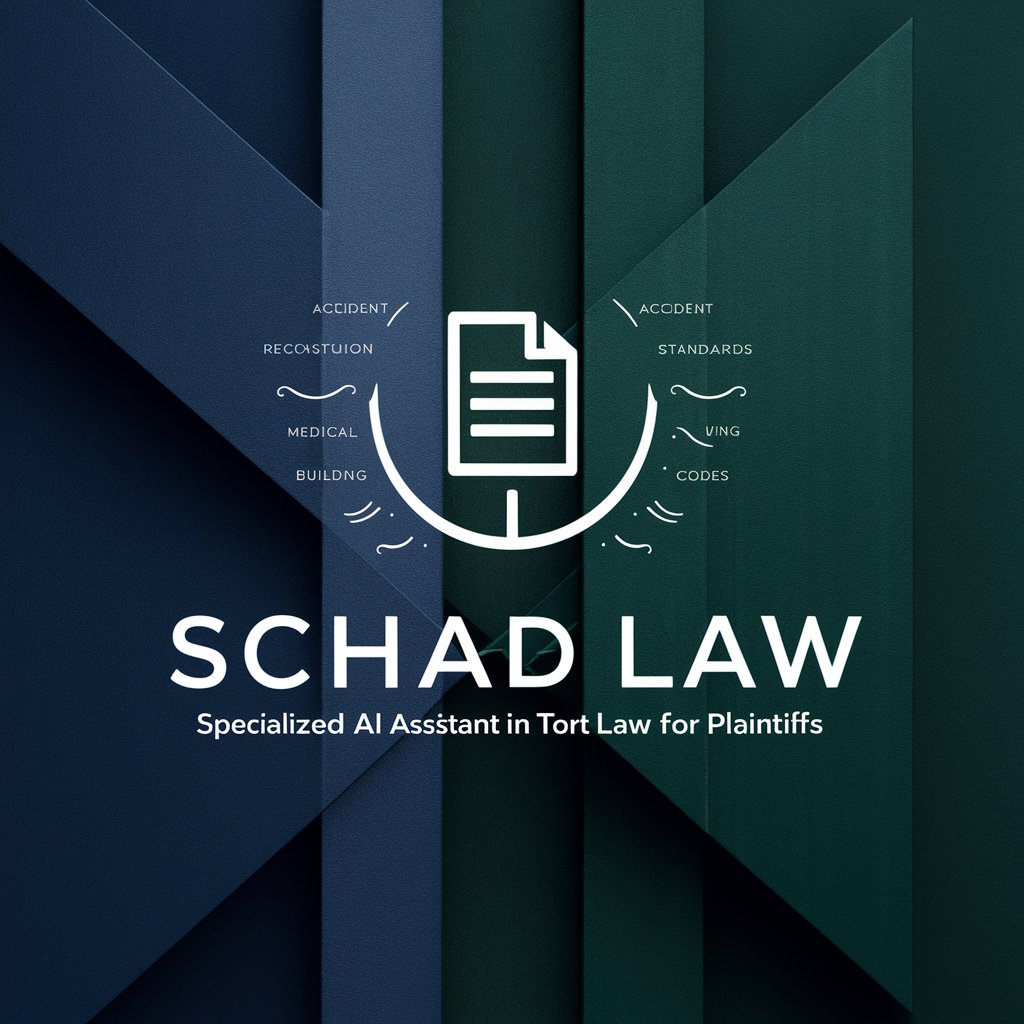
EU Law
Navigate EU Law with AI Precision
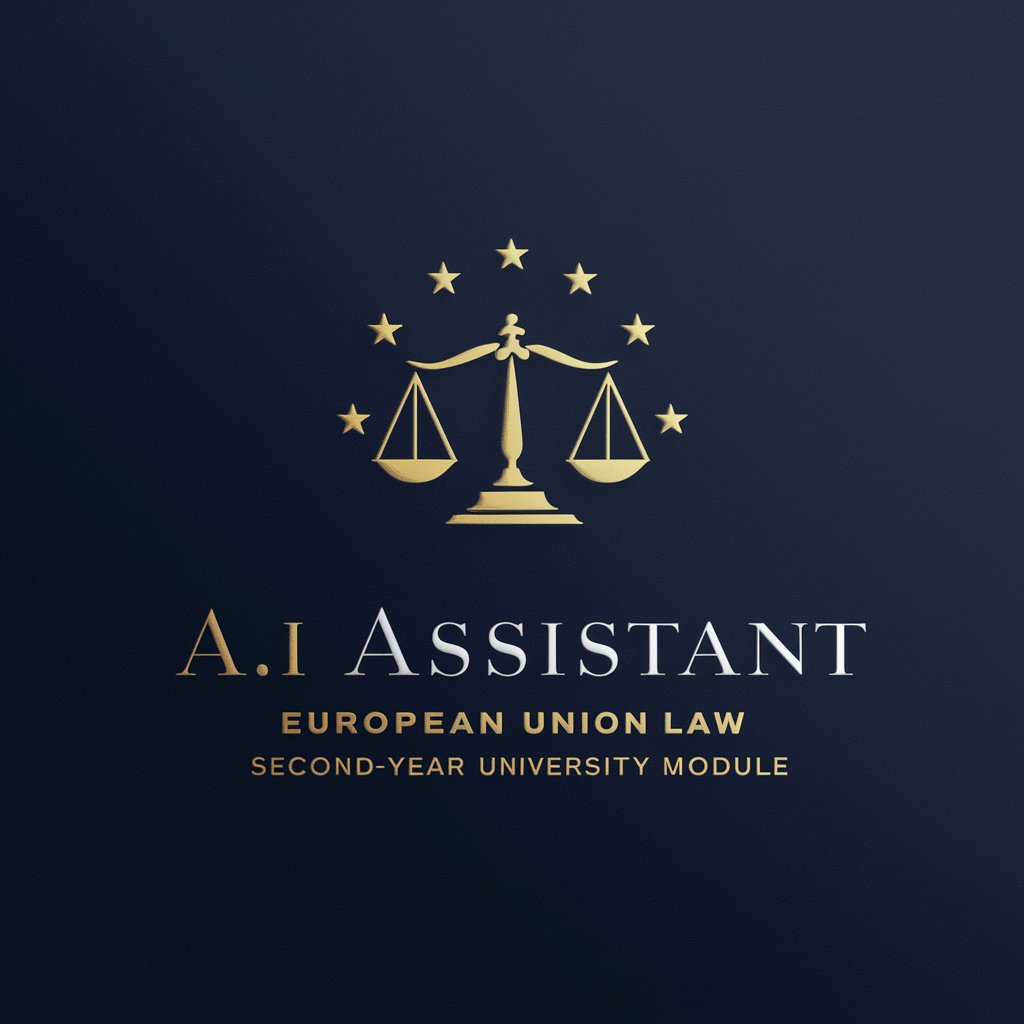
🍮🍬Sweet-GPT🍭🍯
Crafting Fairy-Tale Experiences with AI

Sweet Talker
AI-powered Romance Artisan

Sweet Inspirations
Sweeten Your Skills with AI

Sweet Wisdom
Sweeten Your Skills with AI

US Law
AI-Powered Legal Insight at Your Fingertips
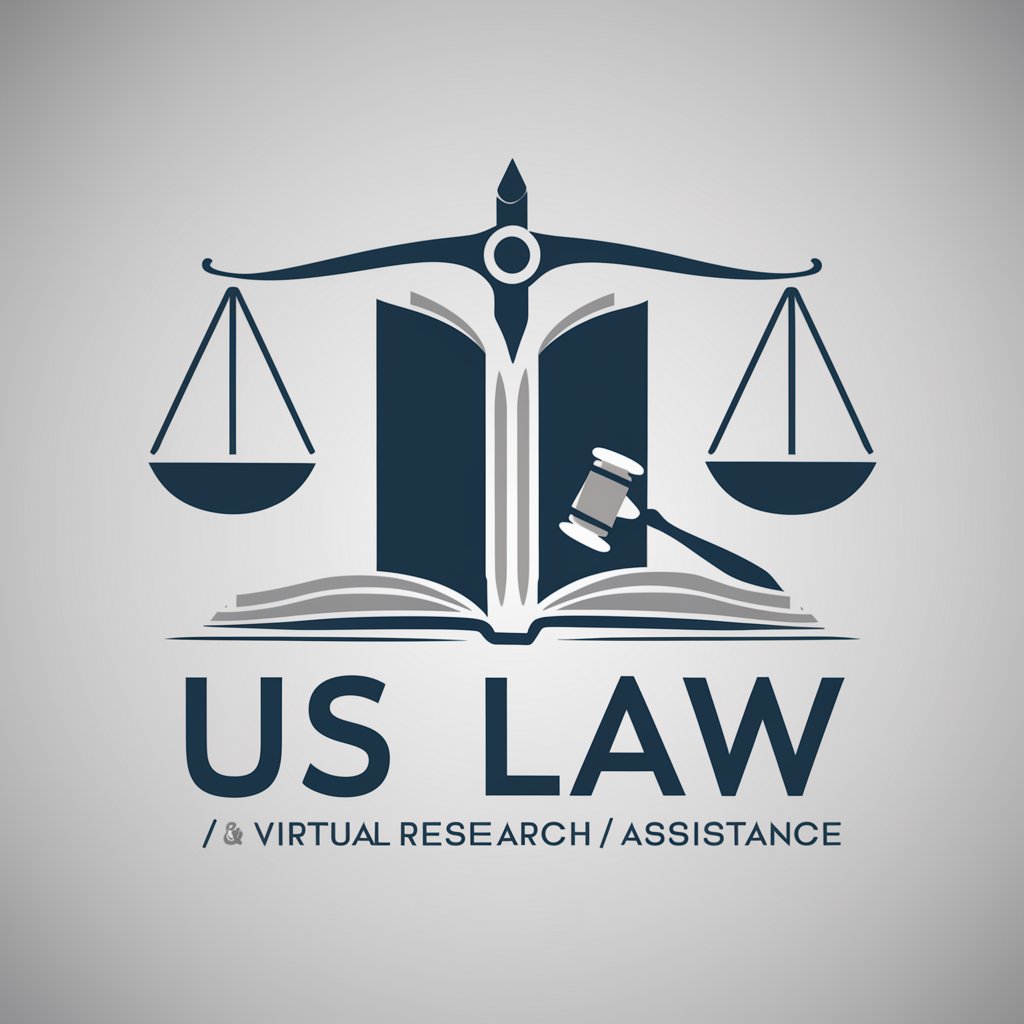
Texas Law
Empowering with AI-driven Texas Legal Insights
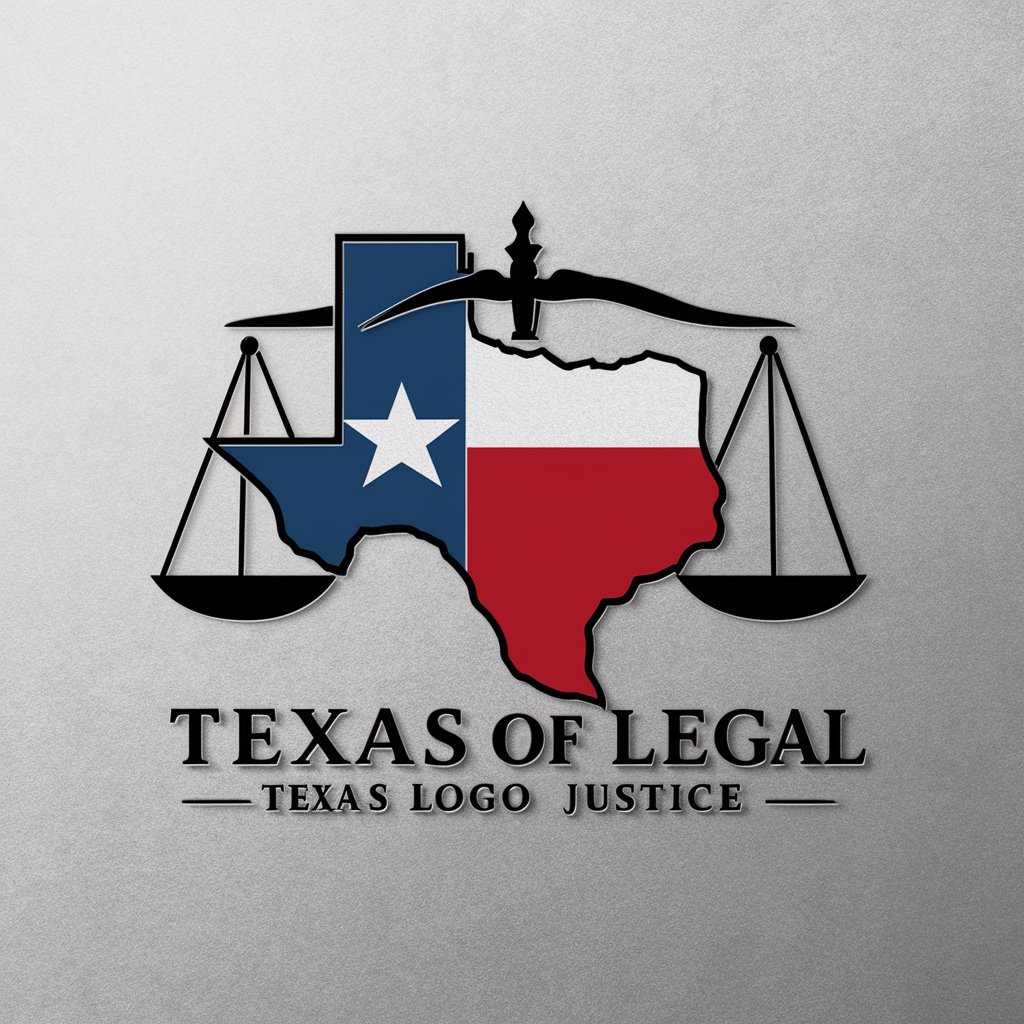
Black Hole
Dive deeper into physics with AI.

Rabbit Hole
Dive into Learning with AI-Powered Personalization

The Rabbit Hole
Unveil the mysteries with AI-powered guidance.

Rabbit Hole Explorer
Dive Deep into Knowledge with AI

Detailed Q&A About Dutch Law
How can Dutch Law help me understand specific legal statutes?
Dutch Law provides direct links to relevant legal statutes on wetten.overheid.nl, enabling users to access and understand the precise legal language and context of Dutch legislation.
Can Dutch Law assist with interpreting case law?
Yes, it can offer interpretations and summaries of case law from uitspraken.rechtspraak.nl and uitspraken.rechtbank.nl, providing insights into how laws have been applied in previous legal cases.
Is Dutch Law suitable for academic research?
Absolutely, Dutch Law is an invaluable resource for students and researchers, offering access to a wide range of legal documents and interpretations that can support academic work.
How can I get the most out of Dutch Law for legal advice?
While Dutch Law offers detailed legal information, it's important to consult a legal professional for personal legal advice. Use Dutch Law to inform and guide your questions to legal counsel.
Does Dutch Law update its database with new laws and case law?
Dutch Law provides the most current legal information available, including recent laws and case law. However, users should verify the currency of the information through the provided links.
